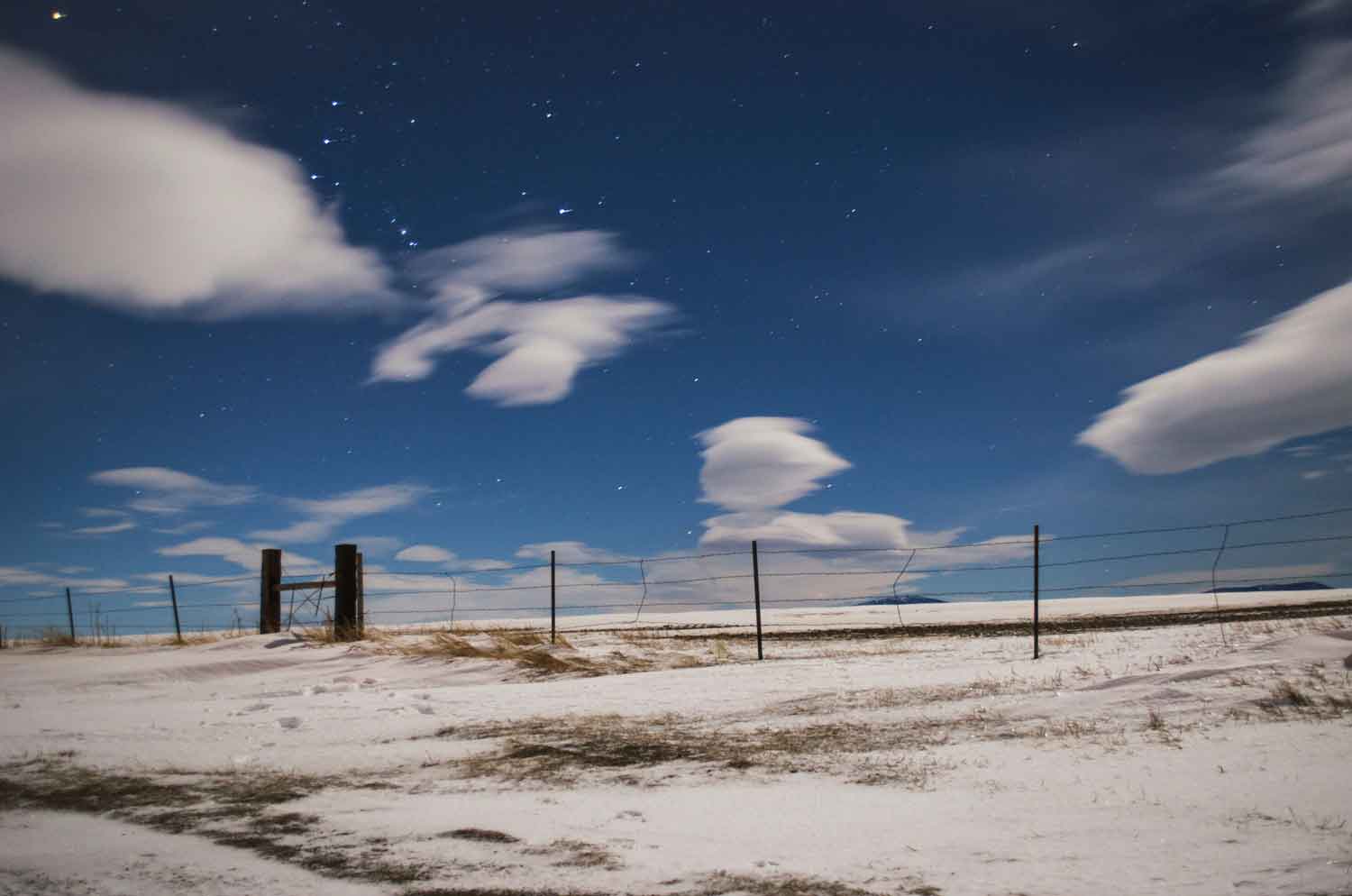Einstein declared that the most important question facing humanity is this: “Is the universe friendly or unfriendly?” How we answer this question, he insisted, determines how we relate to and engage with ourselves, each other and the world.
The Judeo-Christian tradition begins with the premise of “original sin.” Buddhist teaching offers a more generous option: basic human goodness, smeared by ignorance. It is not evil, but confusion that seeds our bad behavior.
Illusion is hard-wired. We are always peering through lenses colored by personal and cultural bias. As Anais Nin wrote: “We don’t see the world as it is. We see it as we are.” To imagine we see the world clearly is ignorance. To believe our illusory, limited views and opinions as Truth is pure delusion.
I often use the image that we are all walking around looking at the sky through a straw. Is that the sky we see? Sure it is. But only a small circle of it. The trouble comes when we grip our straw-circle too tightly, proclaiming that everything outside our narrow perspective is scary or bad or wrong. This is the source of the divisiveness, heartache and harm escalating throughout our world as racism, misogyny, homophobia, oppression.
The sky is vast and mysterious. It belongs to no one. What is needed for us to be curious and humble enough to stretch our limited circle, and to invite and even celebrate diverse perspectives?
This is the work of individual and collective mindfulness: the willingness to open, receive and allow whatever arises, and to meet it with inquiry and interest. As our minds stretch and soften, we become more malleable, more able to meet the world with skill and kindness. As we cultivate the ability to see and see through the edges of our limited ideas and assumptions, we come to open our hands and open our hearts to a wider, more inclusive sky.

